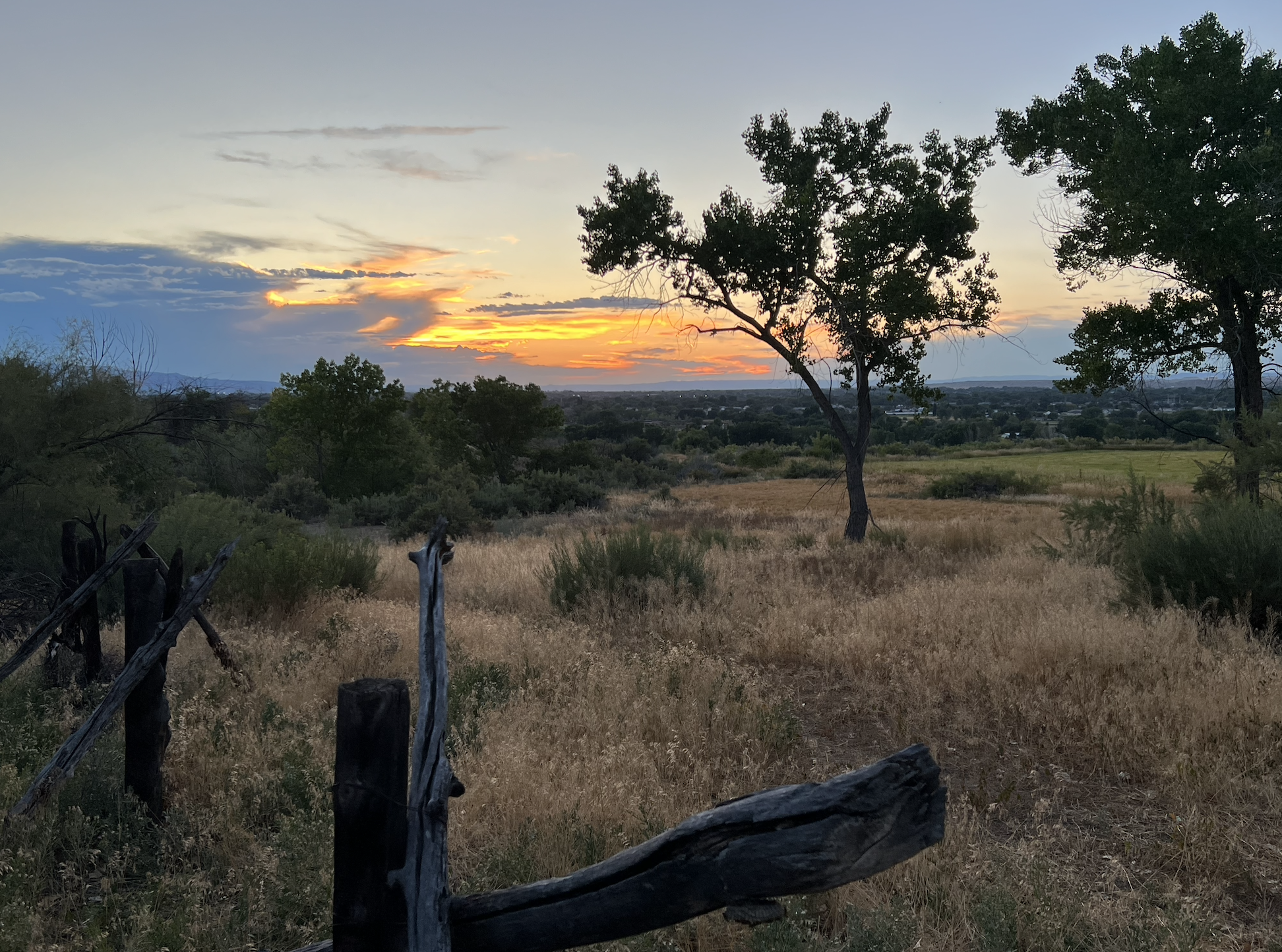Last week I spent an hour on the phone with Chris Corrigan and two other colleagues. I, and we, wanted to deepen our understanding of complexity, something that never stops and feels utterly useful.
One of the things I like about Chris is that he has unique and remarkable ability to synthesize teachings and spit them out as stories. Simple stories. Easy to get stories.
The post below is an excerpt from his writings (the full post is on his blog). What I like in this is the easy distinction between complicated and complex challenges. Most of the world is not “either/or.” Yet, much of the prominent thinking of people in the world remains as “either/or.” These distinctions offer a familiar spot for most people, from which then can be explored deeper, more nuanced aspects and implications. And they are just plain smart. It takes skill to get to such simplicity. The distinctions are remarkable ways to continue to engage a system or team of people in what matters.
The basic difference between complex problems and complicated problems comes down to whether a problem is solvable or not. Is there a stable outcome? Is there an end state? Can research and expertise provide us with answers? Is the situation predictable? Answer yes to these questions and you have a complicated problem. Answer no and you have a complex one. It comes down to the difference between building a community and building a building.
- Complex problems aren’t solvable; complicated ones are.
- Address complexity by sense patterns and weak signals and amplifying them; solve complicated problems by analysing data and problem solving.
- In complexity, pay attention to what works and ask why?; for complicated problems, keep your eyes on the prize and study gaps (ask why not?)
- Be informed in your strategy by stories, myths and parables that translate across many contexts; for complicated problems, adopt “best” practices and rule based solutions.
- Employ collaborative leadership to address complexity; employ experts to solve complicated problems.
- In complexity, truth is found in stories; for complicated situations, truth is found in facts.
- Complex planning requires anticipatory awareness, meaning that you have to constantly scan for meaning through the system; a vision won;t help you. In complicated situations a vision is useful and the end state can be achieved with logical, well planned steps.
- In complexity, the future is already here, but it is quiet and hidden in the noise of the culture. in complicated systems the future is not here and it is well understood what it will take to get there from here.
- In complex systems, the solutions will come at you obliquely, out of the blue and in surprising ways, so you need to cultivate processes that allow that to happen. In complicated systems, problems are tackled head on from a position of knowing as much as you can about how to proceed and then choosing the best course of action.
